CATIE Boosts Climate Resilience in Guatemala through the ESCALAR Project
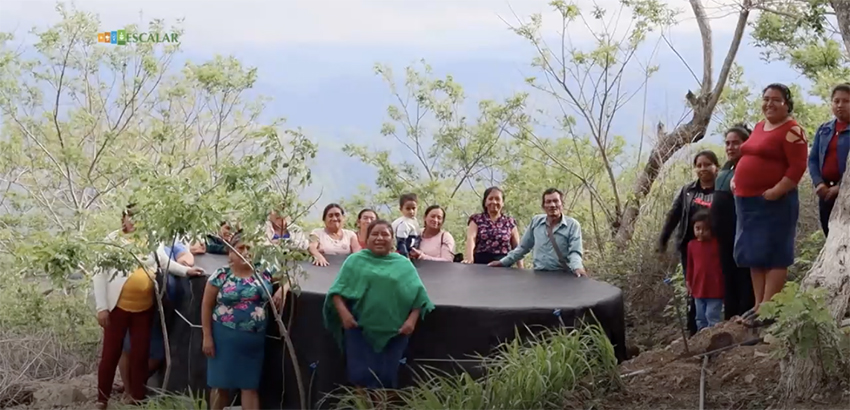
- Agricultural Innovations Benefit Women Farmers in the Central American Dry Corridor
CATIE (Tropical Agricultural Research and Higher Education Center) is working with organized women from Maraxcó, Guatemala, through the ESCALAR Project: Scaling Climate Change Adaptation Solutions for Resilience and Reducing Migration in the Central American Dry Corridor, on actions aimed at strengthening climate resilience in the region.
The ESCALAR Project, implemented by CATIE and funded by Swedish Cooperation, introduces agricultural innovations for climate adaptation with 84 families from the Progressive Women's Association of Plan del Jocote of the Maraxcó Village (AMUPROCAJ). Currently, ESCALAR operates in 23 municipalities in the Dry Corridor in El Salvador, Guatemala, and Honduras, and this year (2024), it has signed and renewed agreements with 15 partner organizations. These collaborations aim to improve climate change adaptation in communities facing social, environmental, and economic challenges through the large-scale implementation of Agricultural Innovations for Climate Adaptation (IApA).
AMUPROCAJ is one of the key organizations in Guatemala, comprised of women farmers who lead climate adaptation and empowerment processes. This year, 84 families have begun implementing the Kuxur Rum or Quesungual agroforestry system, which integrates agricultural, forestry, and soil management technologies. "Kuxur Rum" means "My humid land" in the Chortí Maya language, and it allows the production of firewood, timber, and grains from the same plot of land, thus strengthening the food and economic security of the farming families.
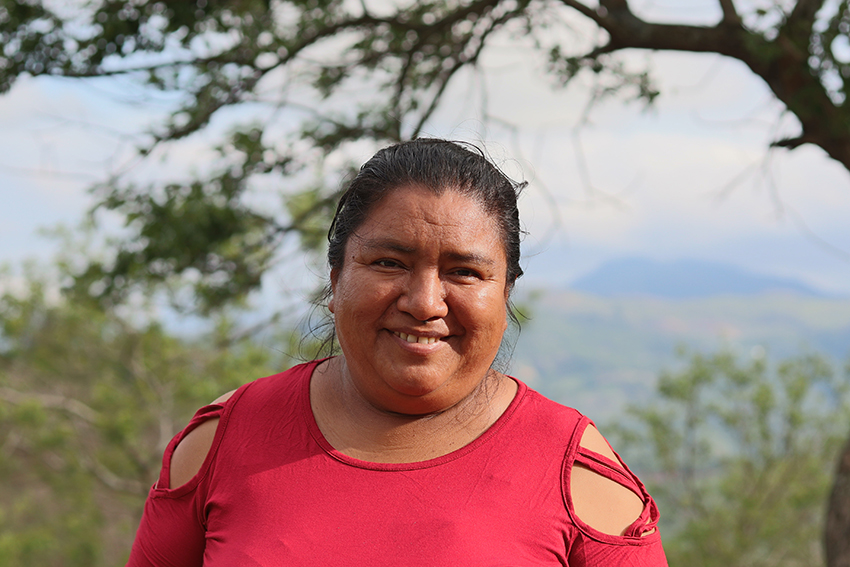
A total of 245 families from seven partner organizations of the project are implementing this system: 60% in Guatemala, 30% in El Salvador, and 10% in Honduras. To support this process, drought and pest-resistant maize seeds have been distributed, and personnel from various organizations, including the Trinational Plan Trifinio Commission (CTPT), the Trinational Network of Women HOSAGUA, the Trinational Border Municipality Rio Lempa (MTFRL), and others, have been trained.
José Gabriel Suchini, a specialist in the production of basic grains in agroforestry systems and the use of bio-inputs for the ESCALAR Project, highlighted that the Kuxur Rum system improves tree cover in the territory, nitrogen fixation by leguminous species, and soil moisture retention, which in turn enhances maize development and productivity.
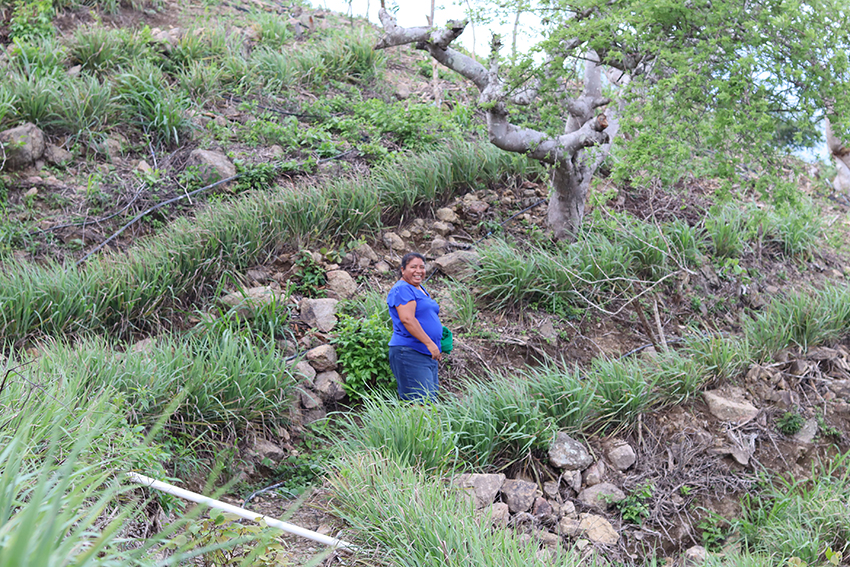
Rosario Díaz of AMUPROCAJ expressed her satisfaction with the results: "I am very happy because all the maize sprouted, not a single grain was lost! Sometimes we plant very little because the seed is expensive, or the seeds we save don't sprout well." Gloria Díaz added: "With the training, better seeds, and the fertilizer we were given, we have improved our production and have more food, which is an opportunity for us women who see the need to feed our families."
The commitment of the ESCALAR Project and its partners to climate adaptation and community resilience is reflected in their concrete actions and the positive results achieved by participating families. By empowering women farmers and promoting sustainable agricultural practices, the project not only strengthens food and economic security but also contributes to the social and environmental stability of the Central American Dry Corridor.
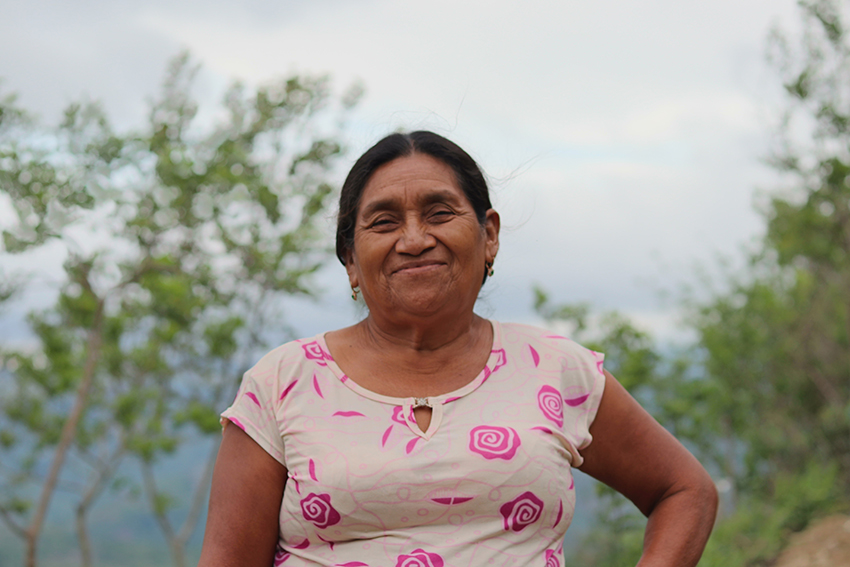
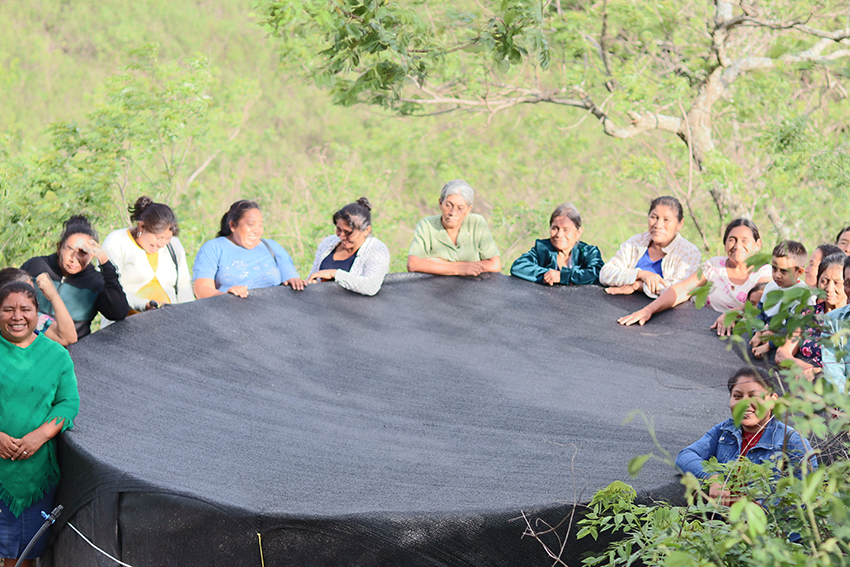
More information:
José Gabriel Suchini
Specialist in the production of basic grains in agroforestry systems and the use of bio-inputs.
ESCALAR Project
CATIE
jsuchini@catie.ac.cr
Written by:
Donaji Garcia
Development Communication Specialist
ESCALAR Project
CATIE
donaji.garcia@catie.ac.cr



